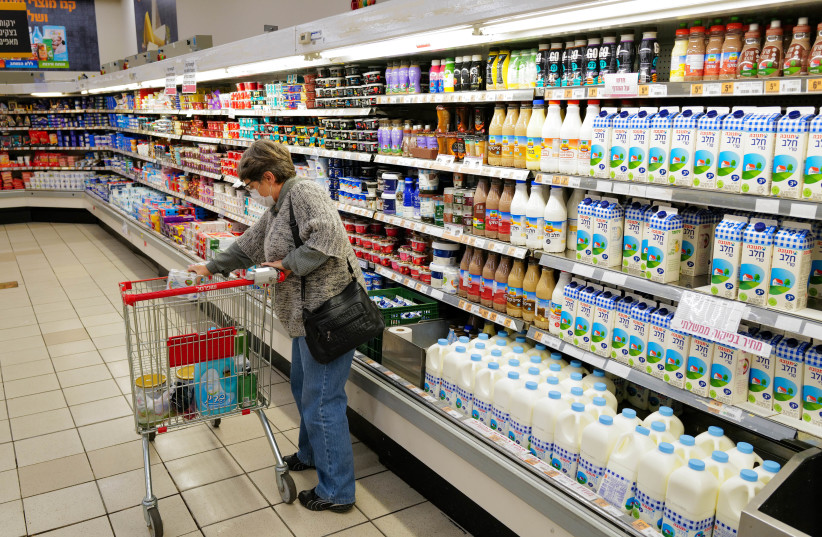SPAR retail chain teams with Shufersal to enter Israeli market

The Netherlands-based company is one of the latest to take advantage of Israel’s recently-eased import standards.
International retail giant SPAR will enter the Israeli consumer market after an agreement between the Netherlands-based company and local retail chain Shufersal and former Yeinot Bitan-Carrefour CEO, Amit Zeev.
The two retail entities will launch a jointly-owned company that will work to open SPAR stores in Israel, and will also supply Shufersal with SPAR products. Zeev is to lead the endeavor as CEO of the joint company.
“The signing of the agreement is a significant milestone in the arrival of the SPAR network to Israel, which will bring with it international standards, freshness, innovation and an abundance of products in a wide variety of segments, which will enable competition for the heart and pocket of the Israeli consumer,” said Zeev.
Uri Waterman, CEO of Shufersal Group, also commented on the signing, stating that “The agreement we signed constitutes another pillar of Shufersal’s activity to lower the cost of living in Israel, by introducing a wide variety of products of international standards and at fair prices, in order to increase competition in the food and consumer goods market.”
SPAR is not the first international branch to announce its arrival in Israel. Last year saw 7/11 and French retailer Carrefour throw their hats into the ring. The two efforts were spearheaded by Electra Consumer Products CEO and serial entrepreneur Zvika Schwimmer, who commented on the process of introducing international brands to the Israeli market during a panel at the Diplomatic Forum on Israel’s Import Reform in January.

“Most Israelis are traveling all the time, [and they see products in other countries] and then they get back and say ‘bring this [stuff to Israel],’” Schwimmer said.
“Our focus today is on how to bring [more] things, in the right proportion, to the Israeli consumer,” he said.
New arrivals to Israeli grocery stores
These new arrivals from the global retail market have been facilitated thanks to the recent overhaul on Israeli import standards, that are likely to significantly change the face of the Israeli consumer market in the coming year.
By reducing the bureaucracy that foreign manufacturers and importers face, market competition in Israel is expected to rise sharply, as a wider variety of products are brought to store shelves from around the world. Hundreds of gadgets, appliances, hygiene products, cosmetics and foods will also be affected by the reform.
Last month, Finance Minister Bezalel Smotrich wrote to the CEO of Costco, Walter Jelinek, and Costco board chairman, Hamilton James, urging them to consider bringing their wholesale store chain to Israel.
“Given your scale, leadership and global activity in the field of food retail, we would like to interest you to enter the Israeli market,” the letter read. “We view that as a mutually beneficial opportunity for both your company, which will gain a presence in a new attractive market, and for the people of Israel who will enjoy a reduction in the cost of living through increased competition.”

